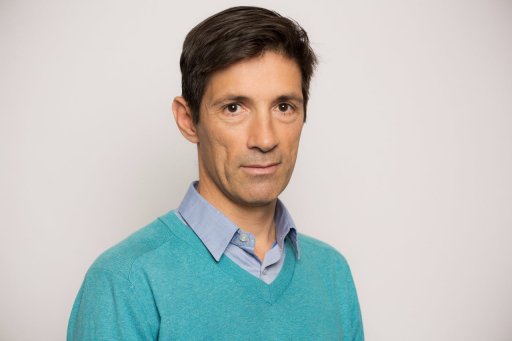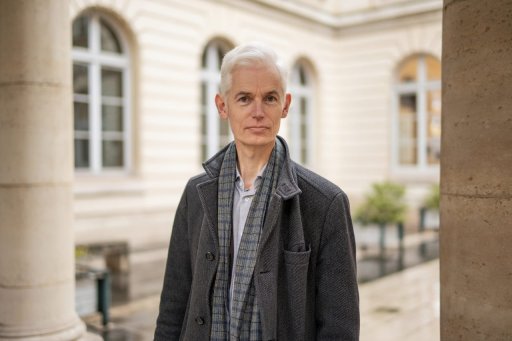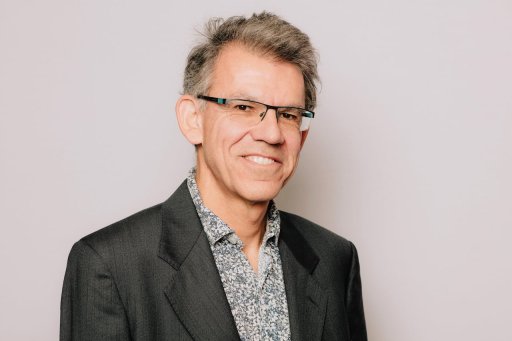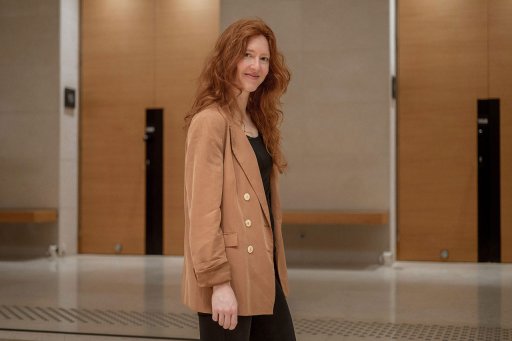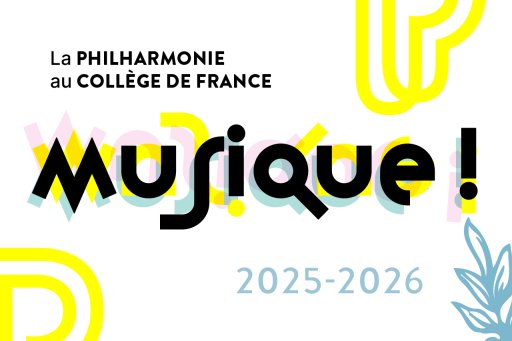
"Dear friends of the Collège de France, I'd like to start by thanking you for your regular attendance at our lectures and associated activities. Our lectures are open to all, with no registration and no diploma requirements. Our lectures are constantly updated to take account of the latest research findings in all the disciplines we teach. In all these respects, the Collège de France is a unique institution in the world.
Every year, hundreds of thousands of you attend lectures in our lecture theaters, and millions of Internet users download lectures, conferences and symposia. This shows that high-level lessons of interest to specialized researchers can be made accessible to more novice audiences. This is both the charm and the difficulty of our lectures.
This mission of teaching and disseminating knowledge, carried out transparently by identified speakers, has always been useful. Today, it has become indispensable in a system of communication networks that gives pride of place to false or approximate information, to peremptory assertions, not to mention simply misleading or defamatory statements, most often made anonymously.
Our actions are therefore based on the defence of rigorous intellectual activity and rational approaches, which in no way excludes contradictory debate. Because our lectures are open to all, without discrimination of any kind, they play their part in the exercise of democracy.
This means that we must continue to welcome our public, improve our means of disseminating knowledge, and further increase the quantity and quality of our content. To this end, we are going to renovate some of our lecture theaters to bring them up to the safety and accessibility standards required to welcome everyone, and upgrade our dissemination site by setting up a knowledge portal that will be separate from the institutional site and will be easier to access.
Against this backdrop, we have submitted an application for funding to our supervisory bodies, and we are full of hope. But it goes without saying that if any of you wish to support these operations, you can do so through the Fondation du Collège de France. Regardless of the amount of the donation, the gesture will be appreciated as a sign of appreciation of our work in the service of the public. Within this framework of public service, we are looking into the possibility of setting up specific initiatives aimed at young people in secondary education and first-year university students.
Teaching that is as close to research as possible, as practiced at the Collège de France, must be underpinned by excellent research. In this respect, we depend on the quality of French research, since the vast majority of our professors are recruited from French institutions where, at the time of their election, they have spent a significant part of their careers. What's more, even after their election, professors and their teams are funded through the same channels as their colleagues at other institutions.
In today's global division of labor in scientific research, France still plays an eminent role, but over the past 20 years, its research funding has gradually fallen far below what is now the norm in countries with comparable economic levels. To illustrate, in relation to gross domestic product, Germany invests 4 billion more each year in academic research. We can't make up this lost ground in one fell swoop, but it's high time to change course and put in place a multi-year investment plan that will reverse the curve and stop this drift before it reaches a point of no return.
Such a plan should make way for the hiring of young researchers and teacher-researchers, a gradual increase in the funds distributed by the national research agency and, at the same time, ensure recurrent and stable funding for teams in order to give a chance to long-term research, which is often risky, but which alone can lead to truly significant discoveries.
It is on the basis of such discoveries, made by them in the laboratories of all research institutions, mostly in France, that our professors are recruited. This is why the Collège de France and its lectures cannot exist without high-quality research at national level.
Today, it's up to us to mobilize to defend this research, even if our voice isn't the most audible, but that's nothing new.
I wish everyone a happy new year
Alain Prochiantz, Administrator of the Collège de France and holder of the "Morphogenetic Processes" Chair
